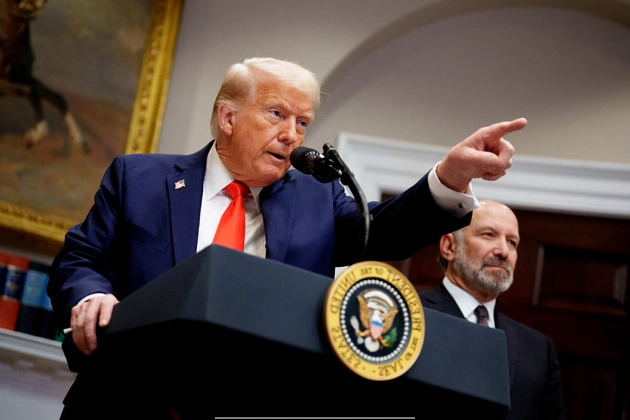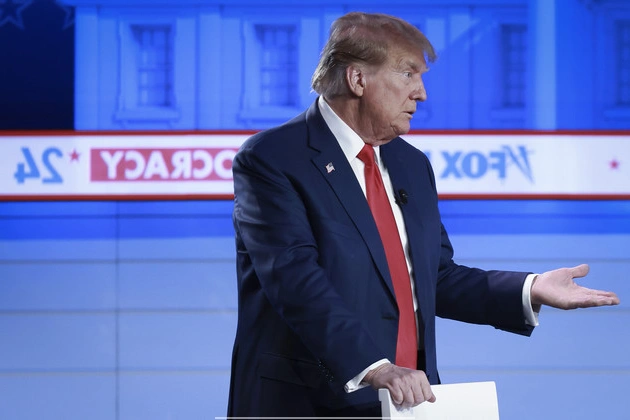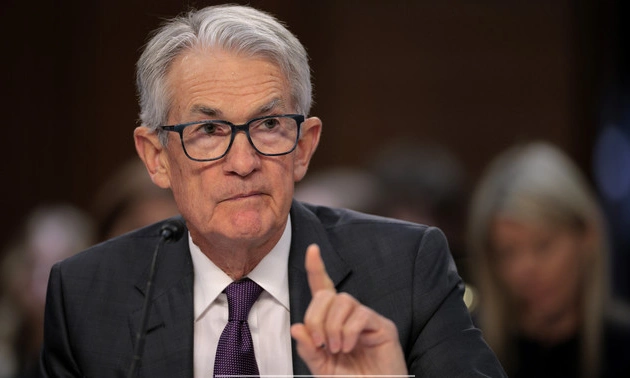
Russell Vought, the acting head of the Consumer Financial Protection Bureau, has caused a stir by halting the flow of new funding to the agency, raising concerns about its future.
In a recent announcement, Vought emphasized that the CFPB’s current reserve of over $700 million is excessive given the current fiscal climate. He argued that additional funding is not essential for the agency to fulfill its obligations and, as a result, they will not be accessing any further unappropriated funds.
The CFPB’s Unique Funding Mechanism
Unlike most government agencies that rely on traditional appropriations, the CFPB receives its funding through budget requests to the Federal Reserve. This method, though upheld by the Supreme Court last year, has been a point of contention among Republicans.
With Vought taking a firm stance against the agency’s financial practices, he is signaling a significant shift in how the CFPB operates. His actions align with his broader agenda to revamp the federal bureaucracy and address concerns about the so-called ‘deep state’ within government ranks.
Challenges and Criticisms
Republicans have long criticized the CFPB for its perceived overreach and extensive regulatory reach. They argue that the agency, established in response to the 2008 financial crisis, has been too aggressive in its oversight of financial institutions.
Despite the significant impact of Vought’s decision, both the CFPB and the White House have not yet provided official comments on the matter.
Changes in Regulatory Activities
Vought’s directive includes a suspension of all supervision activities by the CFPB, affecting the oversight of banks and other financial entities. He has also instructed staff to halt the issuance of new rules or guidance, suspend ongoing investigations, and refrain from public communications.
As the CFPB faces this funding freeze, the regulatory landscape within the financial sector could undergo substantial shifts in the near future.
External Pressures and Government Actions
Recent reports indicate that Elon Musk’s associates from the Department of Government Efficiency attempted to access the CFPB’s IT systems. This move aligns with a broader effort by the current administration to reevaluate the authority of independent federal agencies.
Similar actions targeting agencies like the U.S. Agency for International Development suggest a concerted push to recalibrate the balance of power within the federal government.
It’s crucial to monitor the unfolding events surrounding the CFPB and Vought’s decisions, as they have significant implications for financial regulations and government oversight.















